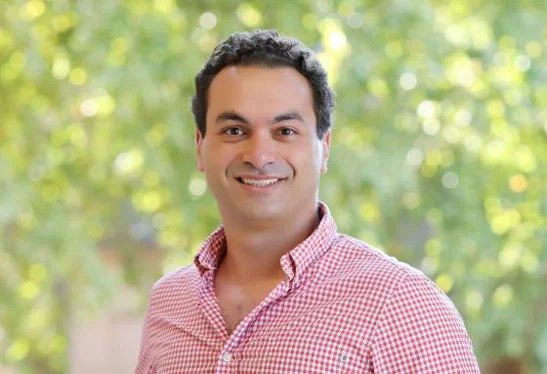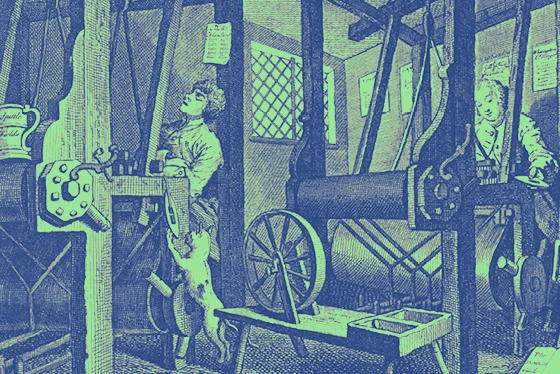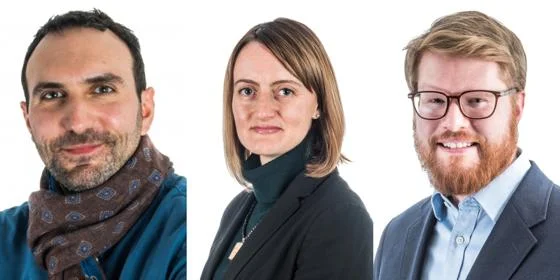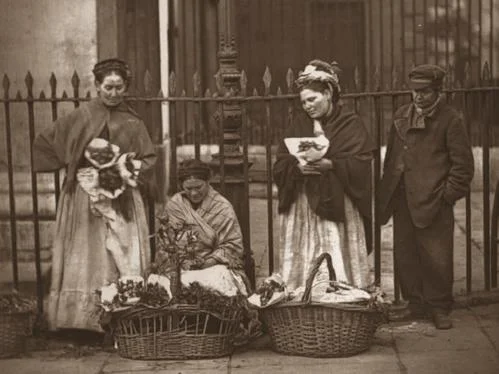News 2025-26
Showing 1-12 results of 13
Professor Mohamed Saleh to speak at Work Cafe on decolonising knowledge and education
Thursday 5 February 2026

How the model of apprenticeship helped to reshape the English economy
For more than a century, apprenticeship in England has been in crisis. Yet it was not always so. Patrick Wallis’s new book explores how apprenticeship laid the foundations for the first Industrial Revolution.
Friday 28 November 2025

New study challenges claim polygyny drives men to civil war
New data disputes the theory that polygyny excludes large numbers of men from the marriage market.
Thursday 9 October 2025

Olivier Accominotti, Leigh Gardner and Eric Schneider elected Fellows of the Academy for Social Sciences
Wednesday 10 September 2025

English dynasties hiding 35 per cent of inherited wealth
Tuesday 9 August 2022

Two centuries of wealth gap persists for Irish in England
Monday 18 July 2022

Unlocking the past: The LSE project shining a light on the lives of women forgotten by history
Wednesday 25 November 2020

Financial mismanagement
Monday 17 February 2020

Graphic detail
Monday 21 October 2019

Most of us die virtually penniless
Wednesday 27 February 2019

Brexit: drop the backstop and create a customs association
Friday 1 February 2019

